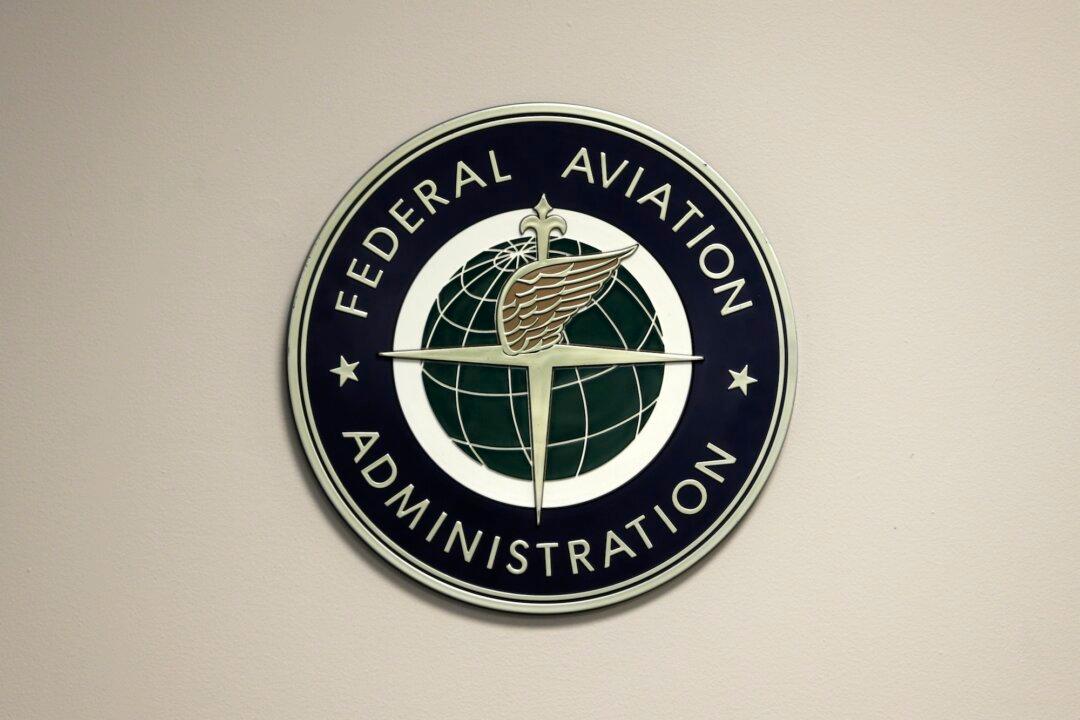The U.S. Senate moved closer on May 1 to reauthorizing the Federal Aviation Administration for five more years, though a host of issues remain with the May 10 deadline fast approaching.
The motion to invoke cloture on the bipartisan $105 billion bill was anything but turbulent as the vote was 89–10.






